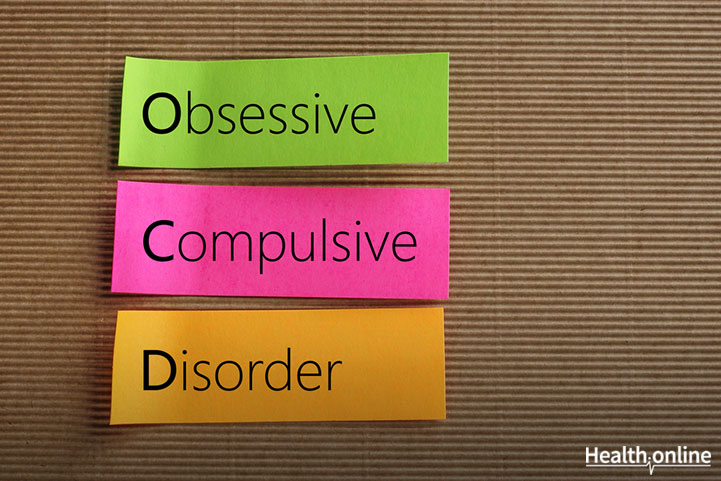
Obsessive-compulsive Disorder
Obsessive-compulsive disorder or OCD is the recurrence of intrusive thoughts and impulses with a compulsion to complete repetitive behaviors.
What are the symptoms of obsessive compulsive disorder?
- Doubt and double-checking
- Fear of contamination
- Excessive cleaning
- A need to have objects in order or placed symmetrically
- Unacceptable aggressive, sexual or religious intrusive thoughts
- Obsessive-compulsive personality disorder (the need to have everything perfect and in order) may also accompany the disease
- Obsessive thoughts
- Fear of being dirty
- Concern with body odor or body functioning
- Fear of thinking of something bad or doing something embarrassing
- Obsession with counting
- Thinking of specific words or sounds repetitively
- Need of constant approval
- Fear that something bad will happen to oneself or others
- Compulsive actions
- Frequently bathing or brushing teeth
- Constantly cleaning and organizing
- Rechecking objects
- Repetitive actions
- Hoarding
- Asking a question over and over again
- Taking extreme measures to avoid harm
What causes obsessive compulsive disorder?
The cause of OCD is still not completely understood. Like with many other anxiety disorders, it is thought to be related to a combination of genetic, environmental and biological factors, including altered brain activity (such as abnormal circuitry function in specific regions of the brain). Streptococcal infections like strep throat and scarlet fever have also been known to induce OCD-like symptoms or to worsen them in children.
Who is more likely to be affected?
Those with relatives that have OCD are more likely to suffer from OCD themselves. Experiencing a stressful life event may also increase the risk of developing the disease. Having other mental health disorders can increase the risk of OCD.
When does obsessive compulsive disorder develop?
OCD is more likely to develop between childhood and early adulthood.
What other conditions commonly occur with obsessive compulsive disorder?
Patients with OCD are also likely to have other mental health illnesses including depression , anxiety disorders like social phobia , specific phobia , and panic disorder , eating disorder, and Tourette’s syndrome. OCD is also associated with alcohol abuse.
How long does obsessive compulsive disorder last?
For an overwhelming majority, OCD tends to be chronic with varying phases of severity. About 10% of individuals may see a remission of the disease, and with treatment, its effects can be significantly reduced in children.
What treatments are available for obsessive compulsive disorder?
Psychological therapies for OCD include exposure and response prevention therapy. This form of therapy entails exposing the patient to their fear and preventing them from responding to it (often with a compulsion). The patient ultimately ends up having to use other mechanisms to resolve the anxiety. Pharmacological solutions are also available for those not ready for exposure and response prevention therapy. Commonly used medications include SSRIs. It can take several months before the drugs are fully effective. Many patients may also choose not to take medication to avoid potential side effects.




